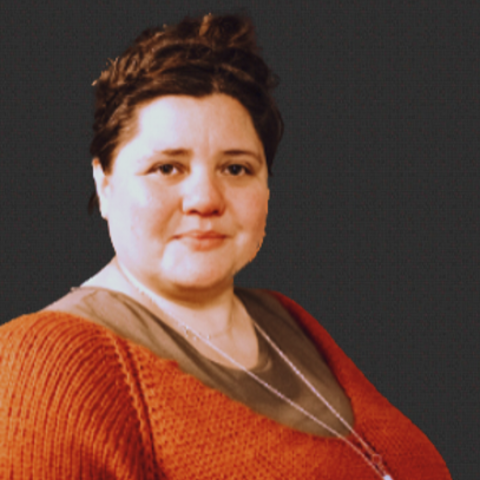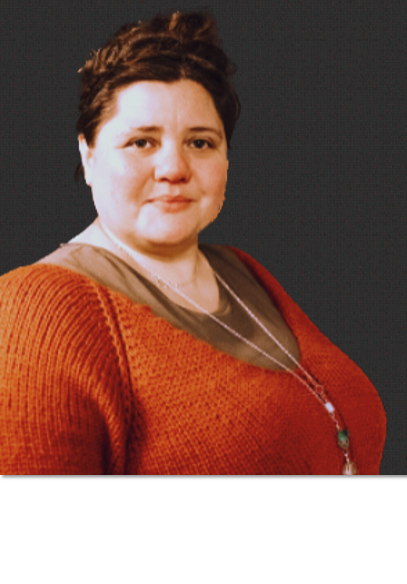Faculty & Staff
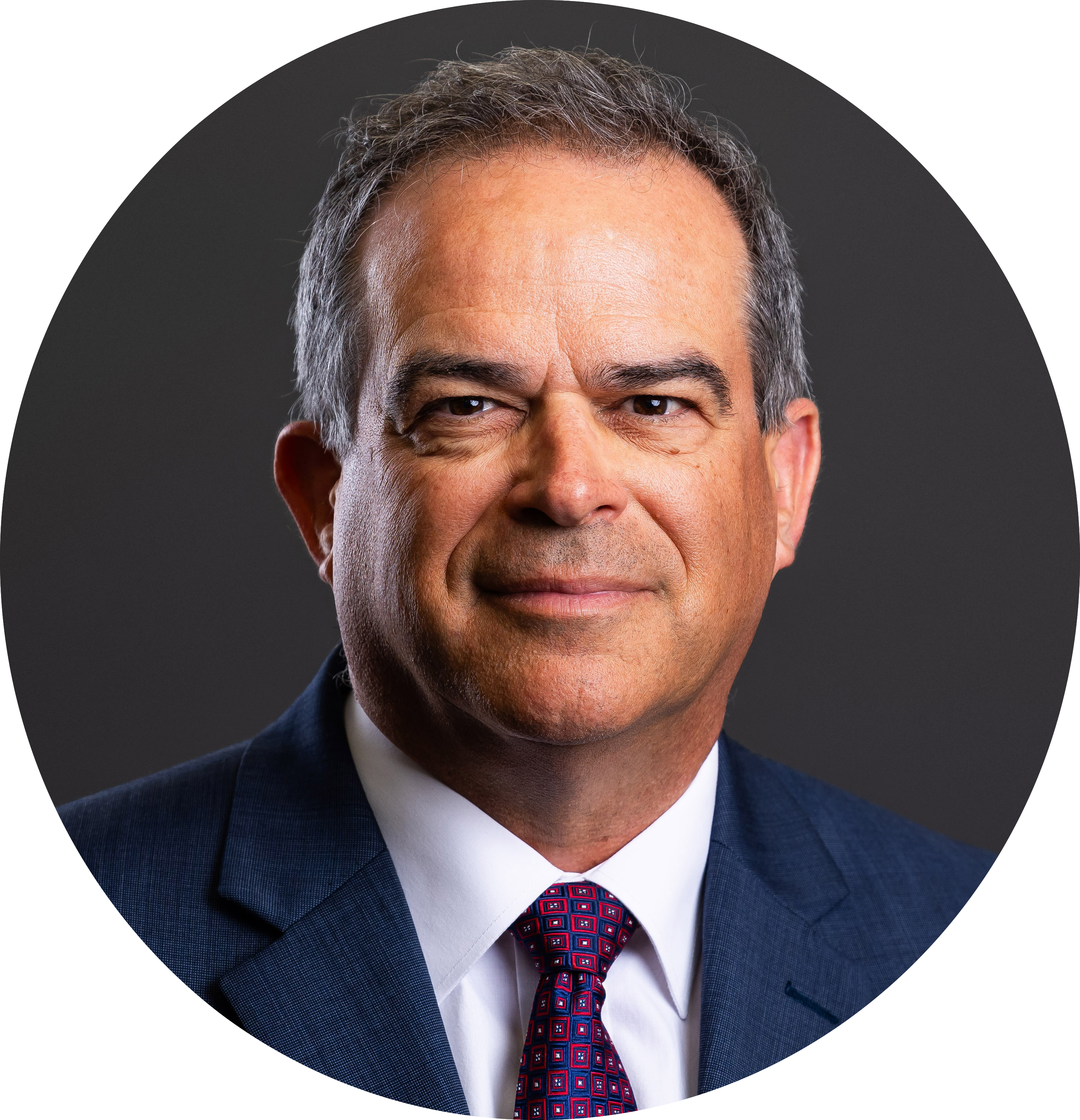
Peter M. Nalin, MD, MBA, CPE, FAAFP
Department Head, Associate Dean for Rural Medicine, Professor
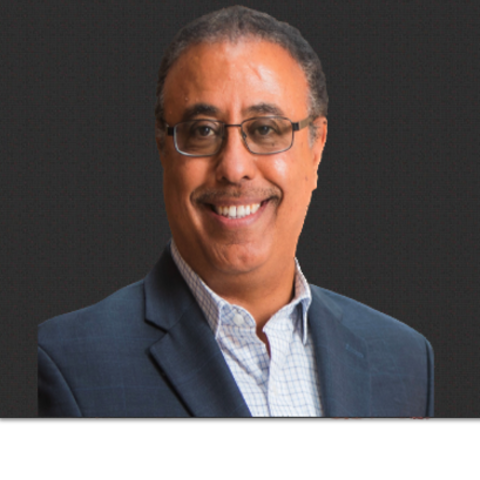
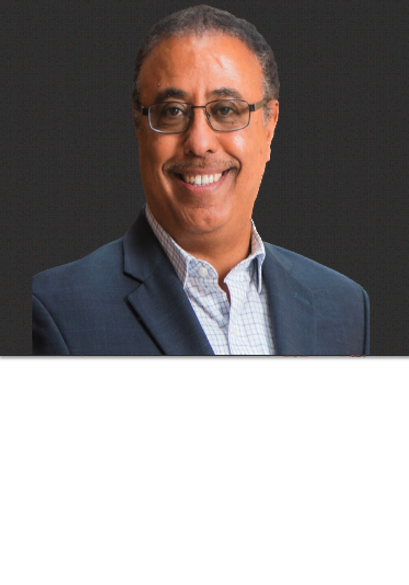
Bio
Dr. al’Absi has established an international research program focusing on stress biological and psychophysiological effects on addictive behaviors and mental health conditions. His team has been working to elucidate biobehavioral mechanisms by which stress and early life adversity play a role in addiction and other mental health disorders, and to use this knowledge to develop and tailor interventions. His research integrates basic, laboratory, and clinical methods. His early research focused on stress mechanisms related to risk for heart disease, pioneering lab and field studies using an array of natural stressors as well as pharmacological challenges in human studies. While funded by NHLBI and AHA, he focused on defining the mechanisms of hypoalgesia and stress response alterations in hypertension. Dr. al’Absi has also focused on the significance of stress response alterations in multiple clinical conditions including addiction. An important, replicated finding from his program is the blunted hormonal stress response among individuals with stimulant addiction. This dysregulated pattern of response predicts early addiction relapse. His current research examines the role of endogenous opioids and the endocannabinoid system in the modulating the stress response. He has also examined the extent to which stress responses predict changes in dietary intake, weight, and relapse. Defining these links will inform future models for targeted treatment to address weight gain as an impediment for smoking cessation. Dr. al’Absi has been leading efforts to improve methods for assessment of stress and substance use in the field by developing innovative and unobtrusive high-tech methods to collect physiological and contextual data in natural settings using wearable sensors. The goal is to obtain continuous, real-time measures of stress and addiction and to leverage this information to apply just-in-time intervention.
Dr. al’Absi’s research program has been funded by multiple R01 grants from NIDA and NCI and by Grant-in-Aid from the American Heart Association (AHA) as well as grants from the University of Minnesota and the International Brain Research Organization (IBRO). He has also received a Smart Health and Wellbeing award from the National Science Foundation (NSF).
Dr. al’Absi has been honored with several awards including the ABMR Neal E. Miller Award, the American Psychosomatic Society Herbert Weiner Award, the NIDA Award of Excellence in Collaborative Research, and the Hans Selye Lectureship from WASAD. He is currently a Fellow of the Association for Psychological Sciences, the Academy for Behavioral Medicine, the Association for Psychological Sciences (APS), and the Society for Research on Nicotine and Tobacco (SRNT). He is a former fellow of the John D. and Catherine T. MacArthur Foundation Mind-Body Network.
Dr. al’Absi’s extensive publication record include more than 200 scientific articles, two books, and many book chapters. He has served as a guest editor for Biological Psychology and for Psychosomatic Medicine and as an Associate Editor for Biological Psychology; and he is serving as associate editor for Psychophysiology, and as an editorial board for Health Psychology, Annals for Behavioral Medicine, Journal o Neural Transmission, and other journals. He served as a standing member on the NIH “Mechanisms of Emotion, Stress, and Health” Study Section and he has served on many other NIH, VA, and NSF review panels.
Dr. al’Absi has served in several national and international leadership positions, including serving as president of the American Psychosomatic Society (APS), executive council member and chair of membership committee, Academy for Behavioral Medicine Research (ABMR), president of the Africa & Middle East Congress on Addiction (AMECA), and board member of the Society for Psychophysiological Research (SPR). He also serves on the UNODC-WHO Informal Scientific Network (ISN).
In addition to his extensive research program and his leadership positions, Dr. al’Absi is dedicated to training the next generation of physicians and scientists through his teaching and mentoring medical, graduate, and undergraduate students and postdoctoral and junior faculty members with the University of Minnesota and other institutions.
Clinical Summary
Stress & trauma; addiction; pain
Education
Selected Publications
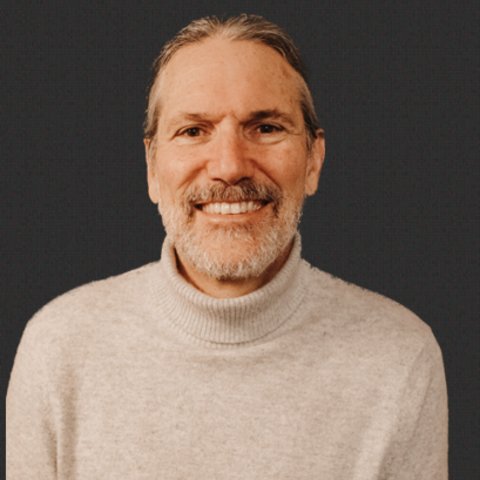
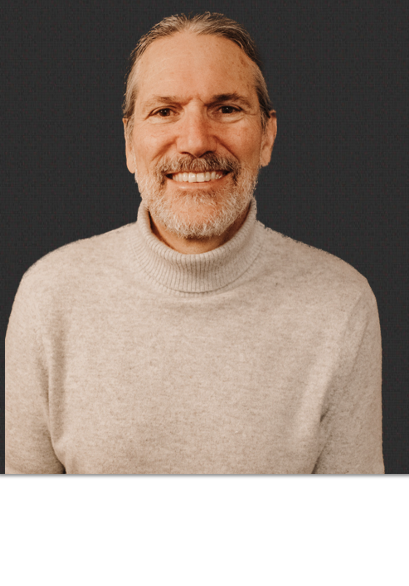
Bio
I am a licensed psychologist with training in community and clinical psychology. My clinical interests include individual and family therapy, and assessment. Current work is in the implementation and testing of multilevel health promotion interventions in American Indian/Alaska Native rural communities.
Research Summary
My research focuses on ways to enhance the capacities of American Indian/Alaska Native communities to promote their own health and well-being. My current emphasis is youth development and health as part of a long-term 25-year collaboration with rural Alaska Native communities. This collaboration has documented culture-based strategies for youth suicide and alcohol misuse prevention and is now testing their effectiveness. The Qungasvik (toolbox) intervention is a strength-based, community-directed and community-staffed approach that creates protective experiences to buffer risk factors and promote well-being. The second strand of this work is documenting and describing the role of community-level protective mechanisms, sometimes called cultural continuity, in the low suicide rates of certain communities within high suicide impacted regions of rural Alaska. A third effort seeks to understand cultural and spiritual factors individuals in Pacific Northwest and Northern Minnesota tribal communities are using in their recovery from opioid use. All these studies share focus at the intersection of culture, resistance, and health.Research methods for this work include interview approaches to understanding cultural processes in health and well-being, and collaborative coding and interpretive analyses of these qualitative data with Indigenous community members. Quantitative approaches draw on my interests in classical and modern measurement theory, particularly in application with cultural distinctiveness, contemporary approaches to modeling for testing theory and intervention effectiveness, with particular focus on small population and small sample research, and recent developments in multilevel and Bayesian analysis approaches.Driving all these efforts is an applied focus in intervention science. Recent work has concentrated on protective factors frameworks. As an alternative to the risk and deficit models, this framework can guide a fresh understanding of resilience processes and new, more effective intervention development.
Education
Licensures and Certifications
Honors and Recognition
Professional Memberships
Selected Presentations
Contact
Administrative Contact
1035 University Drive, 141 SMED
Duluth, MN 55812
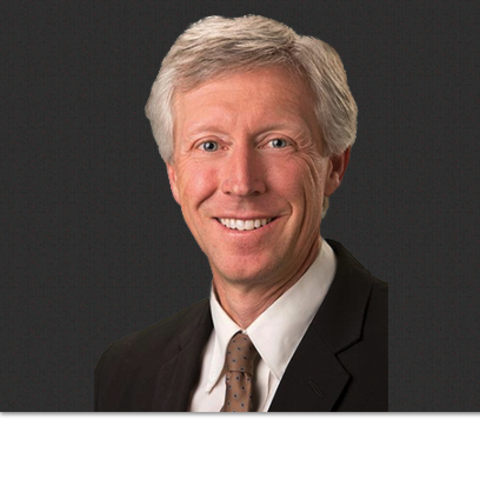
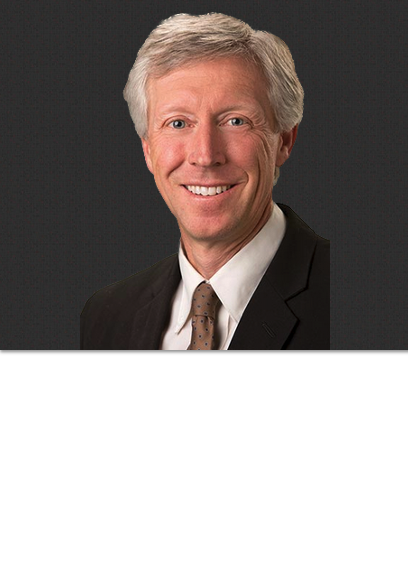
Contact
Address
300 W Conan StEly, MN 55731
Administrative Contact
Linda Liskiewicz, lliskiew@d.umn.edu
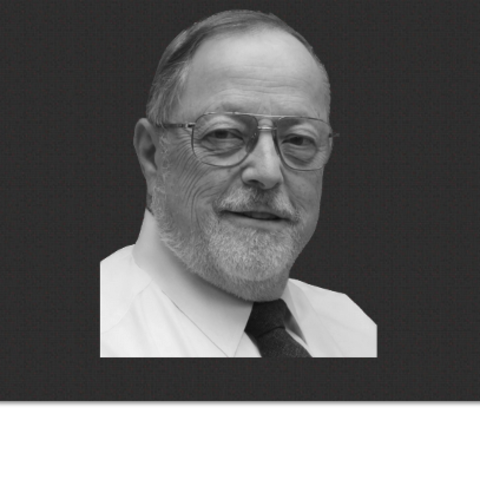
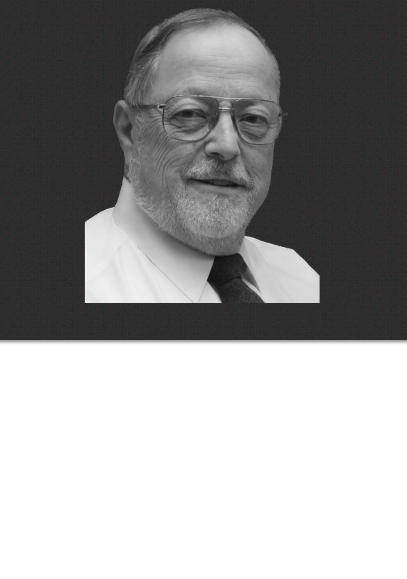
Bio
James Boulger, PhD, is a Distinguished University Teaching Professor Emeritus of the University of Minnesota Medical School, Duluth Campus. Dr. Boulger was the director of the Family Medicine Preceptorship Program and the co-director of the Rural Medical Scholars Program.
Education
Fellowships, Residencies, and Visiting Engagements
Honors and Recognition
Professional Memberships
Selected Presentations
Grants and Patents
Selected Grants
Contact
Administrative Contact
1035 University Drive, 141 SMed
Duluth, MN 55812
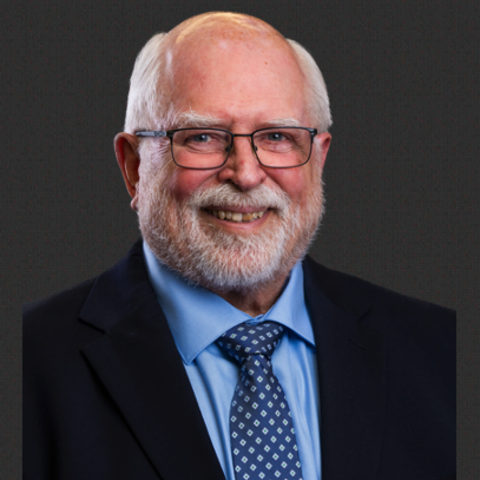
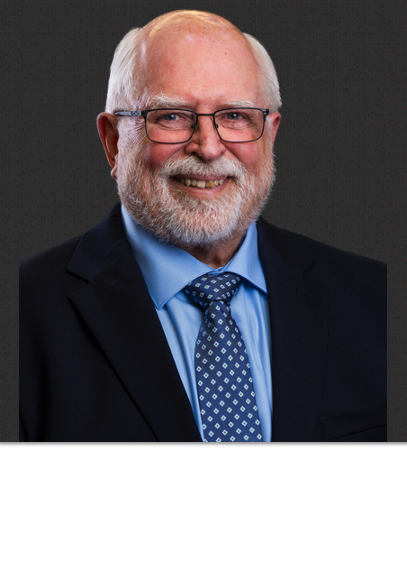
Bio
Raymond Christensen, MD, has practiced family medicine for approximately 40 years, making it his personal mission to provide rural communities with access to high quality health care. He serves as associate dean for rural health at the University of Minnesota Medical School, Duluth campus, and associate director of the Rural Physician Associate Program. He also advises the Family Medicine Interest Group on the Duluth campus.
Education
Fellowships, Residencies, and Visiting Engagements
Licensures and Certifications
Honors and Recognition
Media Appearances
Professional Memberships
Selected Presentations
Contact
Address
131 SMed1035 University Drive
Duluth, MN 55812-3031
Administrative Contact
Veronica Olson, veolson@d.umn.edu
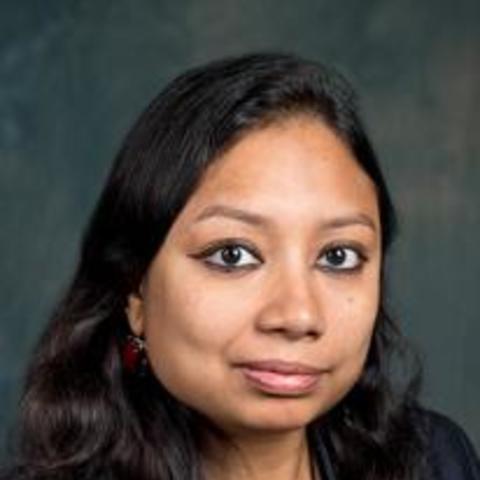
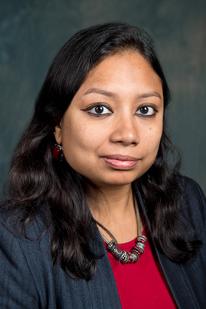
Bio
Devaleena Das's intellectual and pedagogical labor focuses on transnational analysis of gender, sexuality, health, race, and human bodies across borders of cultures, disciplines and geography. Das earned a PhD in Australian Feminist and Aboriginal Studies from the University of Calcutta, M.A. in Postcolonial Studies from the University of Calcutta, and B.A from the University of Calcutta. Before joining UMD in 2018, she served as Assistant Professor at Delhi University (2012-14), worked on her postdoctoral research project at University of Wisconsin-Madison (2014-17) and was also a lecturer of transnational feminist studies at Northern Arizona University (2017-18). A body studies theorist, Das in her transdisciplinary research problematizes idealization of human biology and prioritization of individual choice influenced by technologies of race, gender, transnationality, medicalization and political economy.
Research Summary
Devaleena Das's research explores alternative theories of human bodies based on real life narratives, ethnography, field research, literature, art, religious myths, and performances to initiate an ethical and respectful understanding of marginalized bodies and contributes toward corporeal justices in healthcare system. She investigates the dilemma of transhumanism that brings in the hope to eliminate disease, aging and miseries, but also reduces corporeality to a “data body” or information profile in clinical practice and security surveillance. Das practice multidisciplinary methodologies: from traditional critical analysis of textual and visual narratives, oral history, ethnographical field research, to non-traditional autobiographical story-telling, experiential and applied learning, and creative participation. She endorses decolonizing methodologies by questioning invisible power structures in research findings between the researcher and researched; challenging Western Eurocentric regimes; critically thinking diverse perspectives; encouraging personal experiences as a resource for academic inquiries; and involving consciousness raising process that engenders creativity and results in transformative community praxis. Her area of research includes Body and Embodiment, Transnational Study of Public Health, Race and Sexuality, Medical Humanities, Queer Ecology, Critical Disability Studies, Feminist and Queer Research Methodologies, Migration and Diaspora Studies, New Materialism, Politics of Knowledge Formation, Aboriginal Feminism, and South Asian Cultural Studies
Selected Publications
Contact
Address
339 SMed1035 university Drive
Duluth, MN 55812
Administrative Contact
Katie Johnson, kejohnso@d.umn.edu
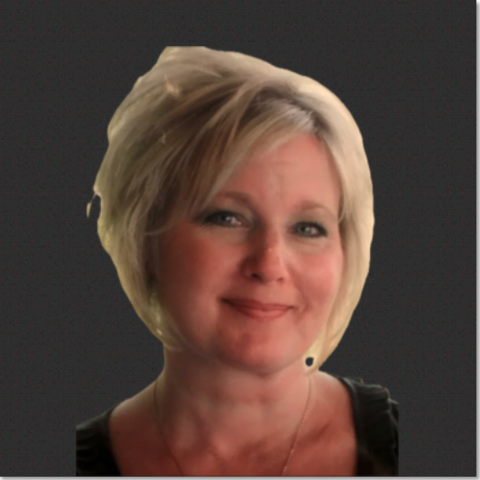
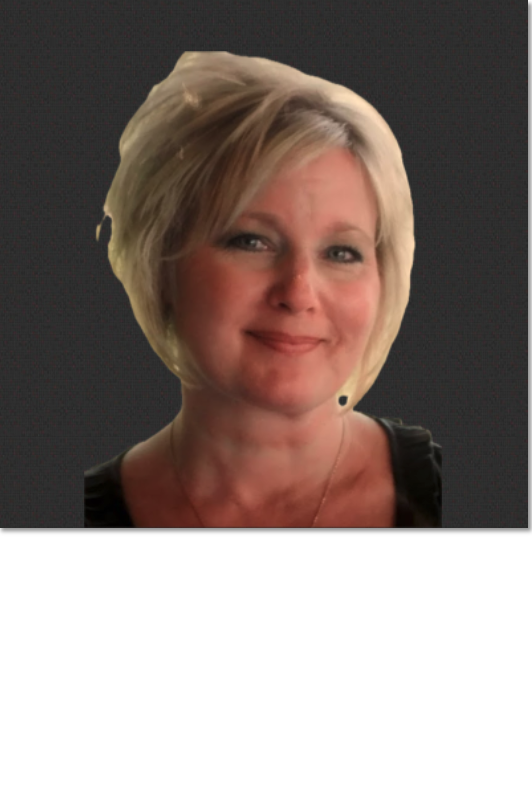
Contact
Administrative Contact
University of Minnesota Duluth Campus
1035 University Drive, SMED141
Duluth, MN 55812
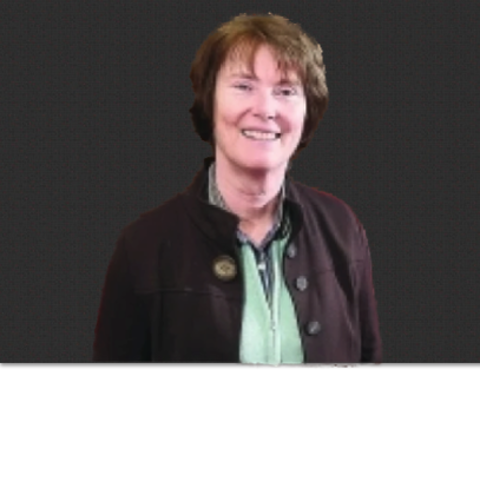
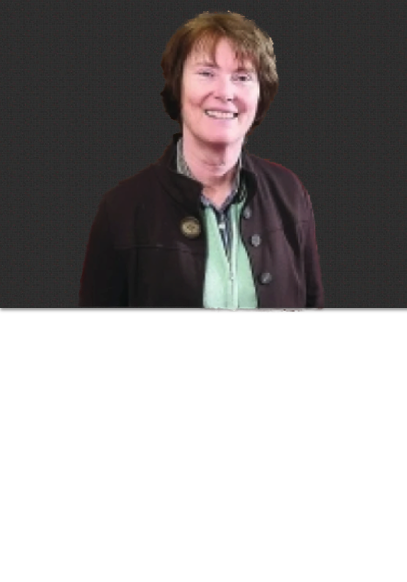
Grants and Patents
Selected Grants
Contact
Address
155 SMed1035 University Dr
Duluth, MN 55812
Administrative Contact
1035 University Drive, 141 SMED
Duluth, MN 55812
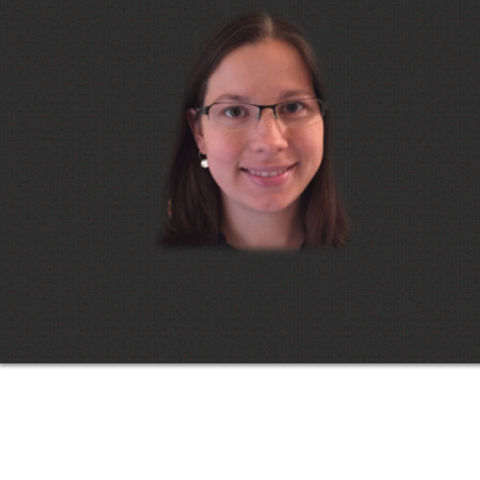
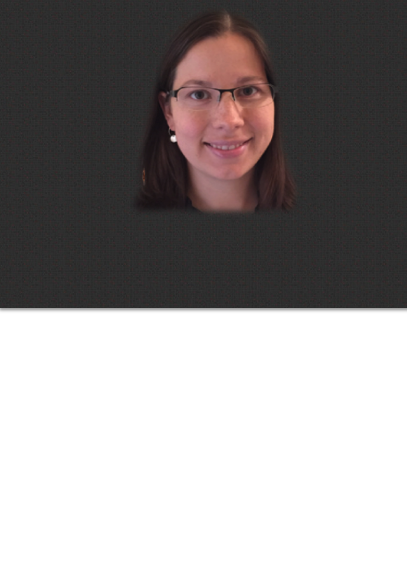
Bio
Dr. Greenfield is a licensed psychologist and assistant professor in the Department of Family Medicine and Biobehavioral Health. Her research focuses on substance use disorder treatment and recovery, prevention of opioid overdose deaths, behavioral health interventions, and Indigenous health equity. Other interests include mindfulness-based interventions, motivational interviewing, community-based participatory research, and scientific communication. Dr. Greenfield publishes regularly in peer-reviewed journals, serves on the editorial board of the Journal of Substance Abuse Treatment, and has reviewed grants for the National Institutes of Health. The Arrowhead Regional Arts Council, internal university sources, and the National Institutes of Health have funded her team's work.
Research Summary
Since 2006, Dr. Greenfield has done research in addiction treatment and recovery. She is committed to Indigenous data sovereignty and ensuring research benefits tribal communities and is sustainable and enjoyable for all team and community members. She studies how change happens while meeting people where they are at. NIDA and NIAAA have funded her work, and she trained at Hazelden Betty Ford Center for Youth and Families, the University of New Mexico Center on Alcohol, Substance Use, and Addictions (CASAA), and the University of Minnesota.
Creative Activity Summary
Dr. Greenfield and colleagues incorporate art into their research. This has included hosting three art shows to complement research studies, releasing a coloring book during the pandemic, and hosting live Facebook events with Indigenous artists during the pandemic.
Teaching Summary
Dr. Greenfield teaches first and second-year medical students on the Duluth Campus. Example lectures include motivational interviewing, Psychological Interventions: the VA as a case example, sexual history taking, and harm reduction/opioid treatment in rural areas. She facilitates small group discussions, provides feedback on history-taking, and collaborates with colleagues to create PBL cases. Dr. Greenfield teaches first and second-year medical students on the Duluth Campus. Example lectures include motivational interviewing, Psychological Interventions: the VA as a case example, sexual history taking, and harm reduction/opioid treatment in rural areas. She facilitates small group discussions, provides feedback on history-taking, and collaborates with colleagues to create PBL cases.
Service Summary
Dr. Greenfield, Ph.D., LP, research focuses on substance use disorder treatment and recovery, prevention of opioid overdose deaths, behavioral health interventions, and Indigenous health equity.
Clinical Summary
Dr. Greenfield has experience with hospital-based psychiatry consultation/liaison, substance use disorder treatment, psychiatric comorbidity, mindfulness-based interventions, Indigenous health, motivational interviewing, and Veterans. Clinical work has been with adults; she is not currently practicing.
Education
Fellowships, Residencies, and Visiting Engagements
Honors and Recognition
Professional Memberships
Selected Presentations
Contact
Address
University of Minnesota Medical School, Duluth CampusSMed 335, 1035 University Drive
Duluth, MN 55812-3031
Administrative Contact
Katie Johnson, kejohnso@d.umn.edu
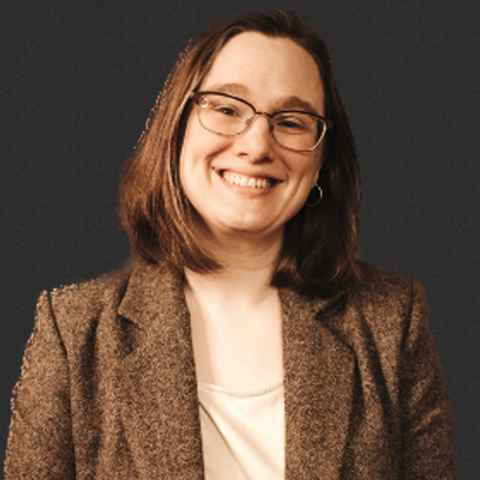
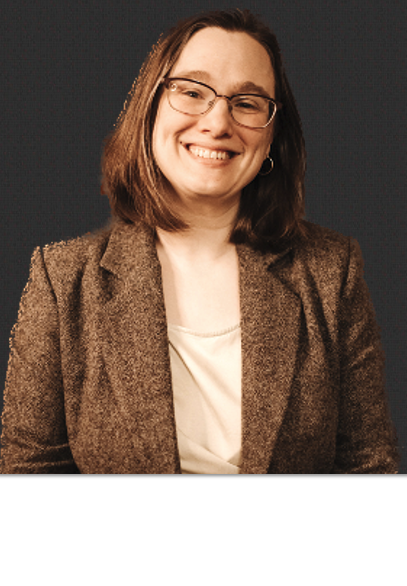
Bio
Amy Greminger, MD, joined the faculty at the University of Minnesota Medical School, Duluth campus in 2017. She is also part of the elder care and geriatric team at Essentia Health - Duluth Clinic.
Research Summary
I am interested in medical education, geriatrics, palliative care, and point of care ultrasound in medical education.
Education
Fellowships, Residencies, and Visiting Engagements
Licensures and Certifications
Media Appearances
Professional Memberships
Selected Publications
Selected Presentations
Contact
Address
145 SMed1035 University Drive
Duluth, MN 55812
Administrative Contact
Linda Liskiewicz, lliskiew@d.umn.edu
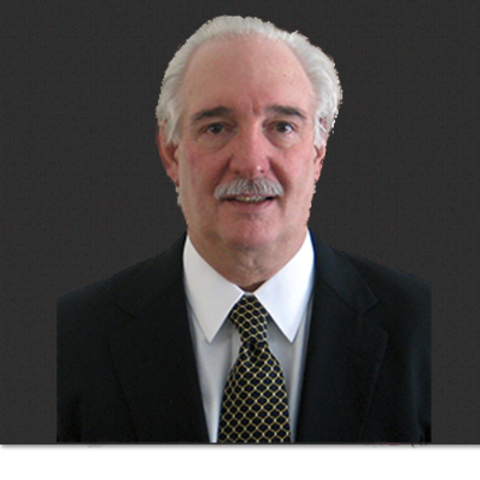
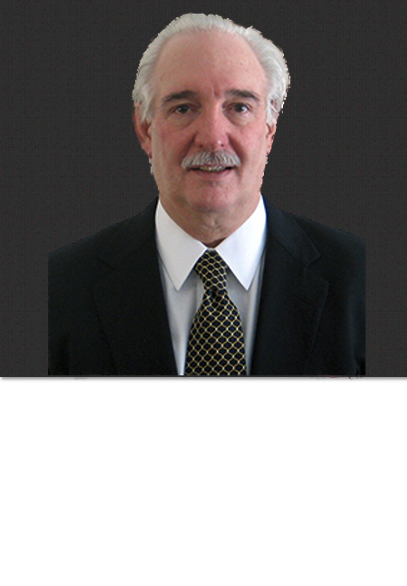
Contact
Administrative Contact
1035 University Drive, 141 SMED
Duluth, MN 55812
